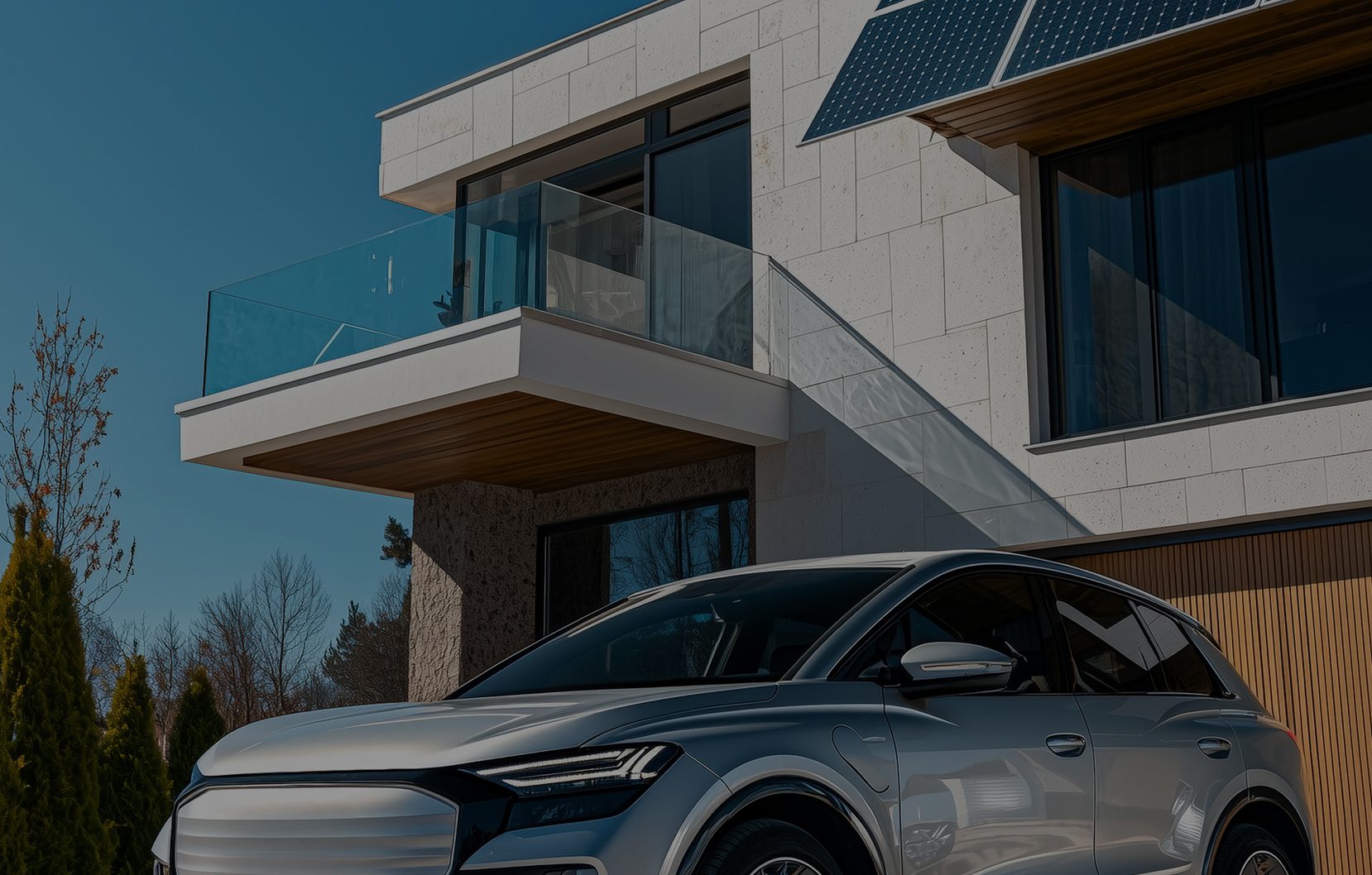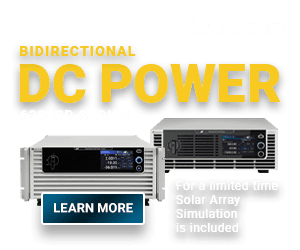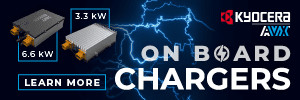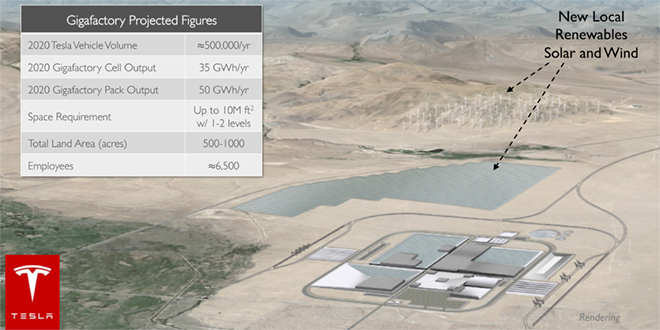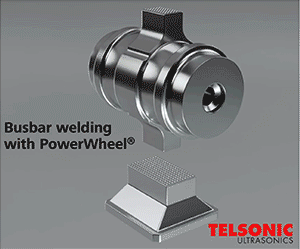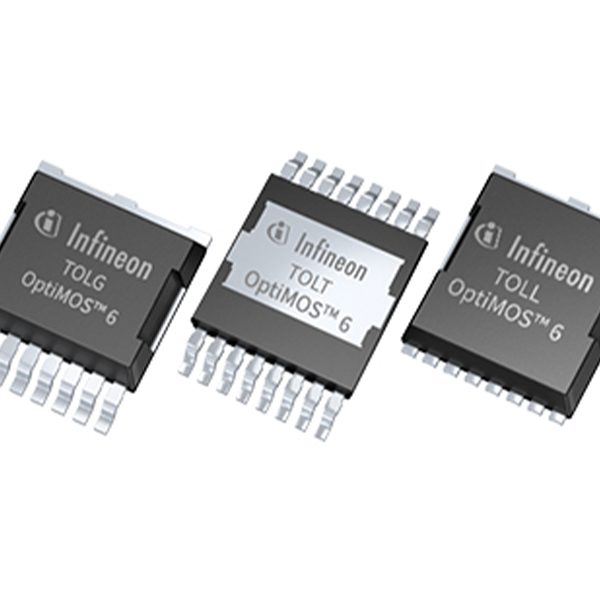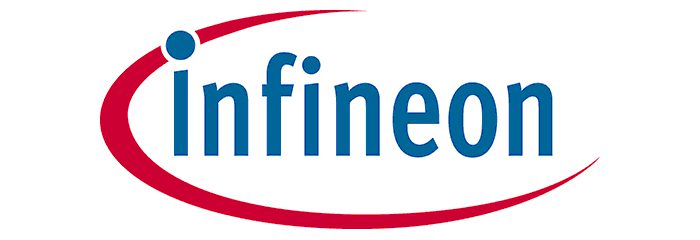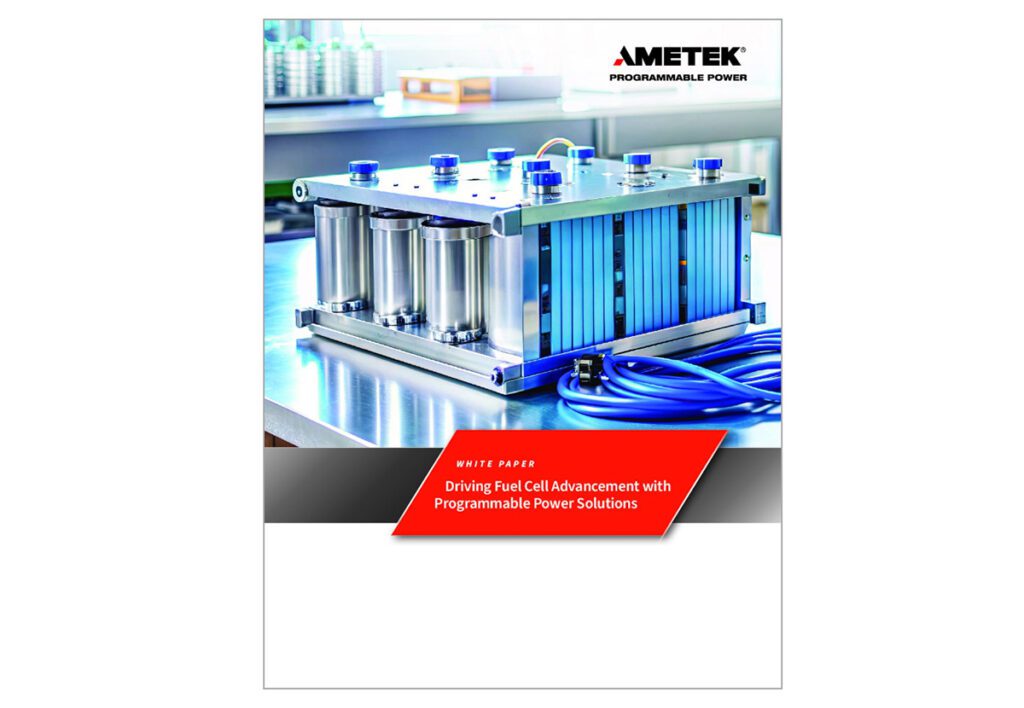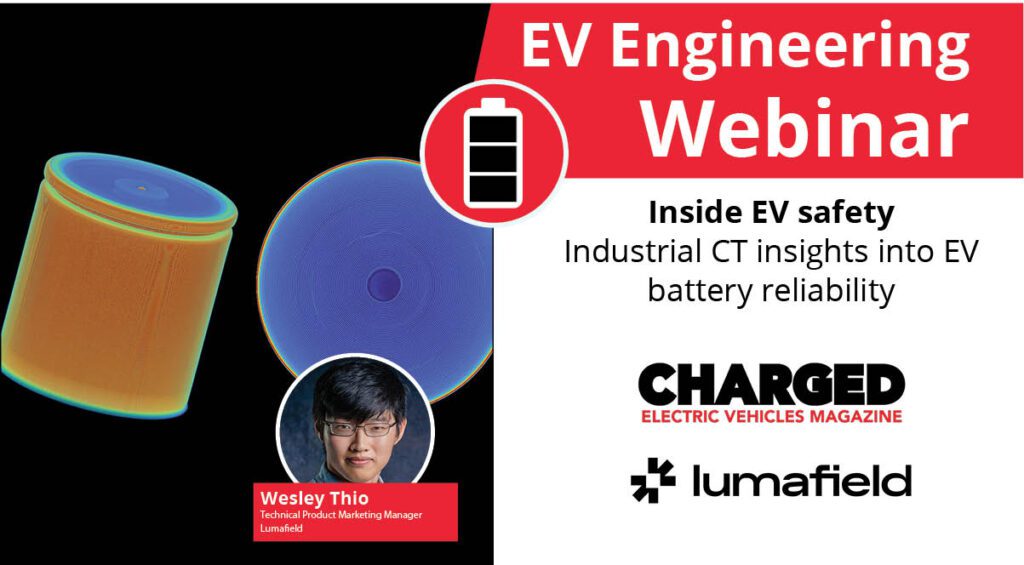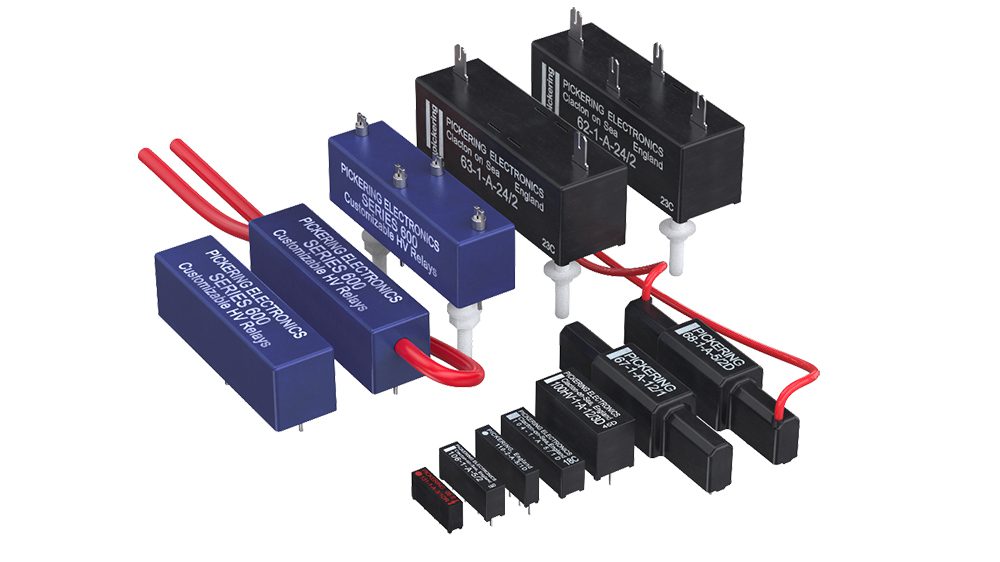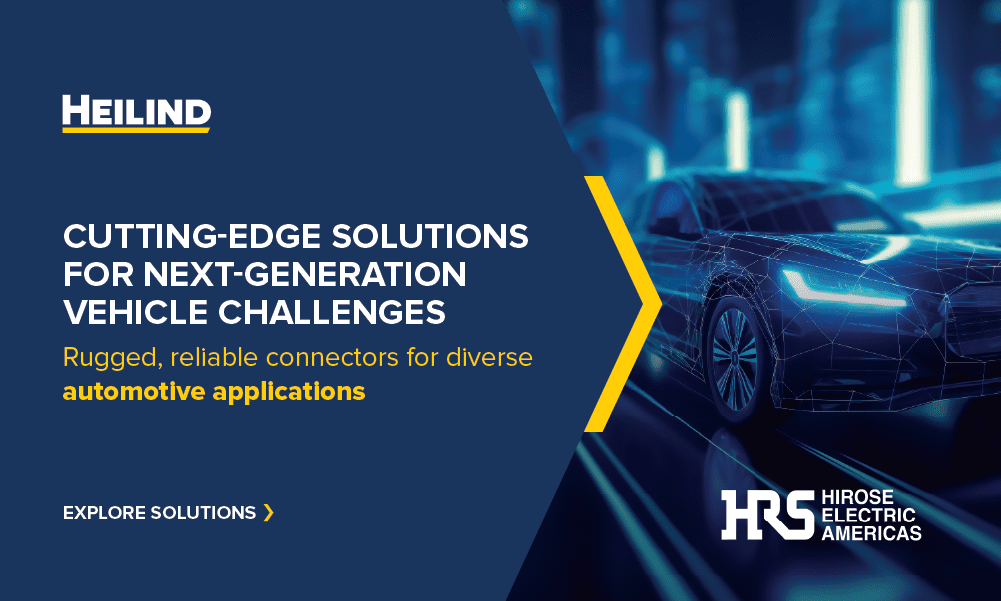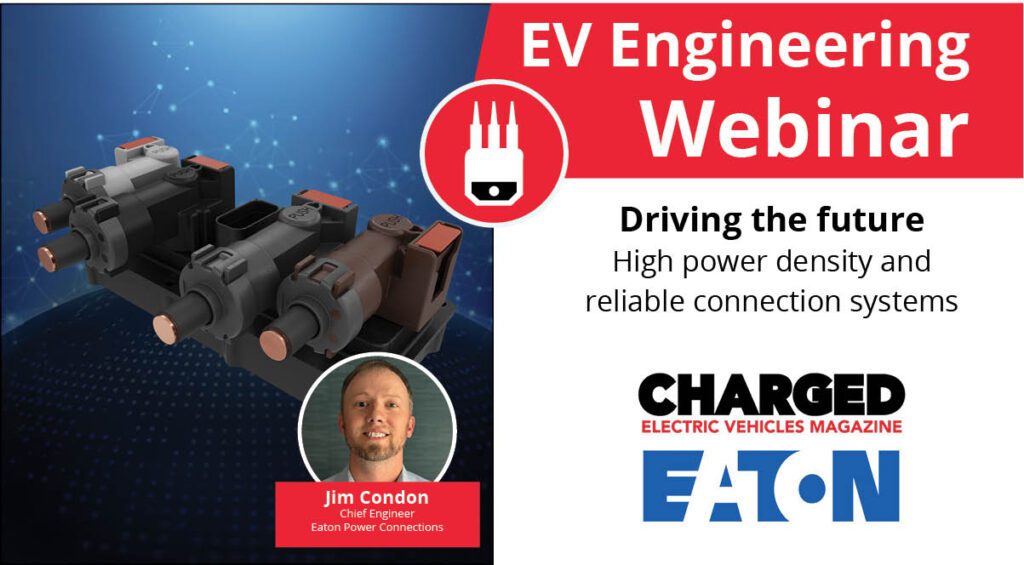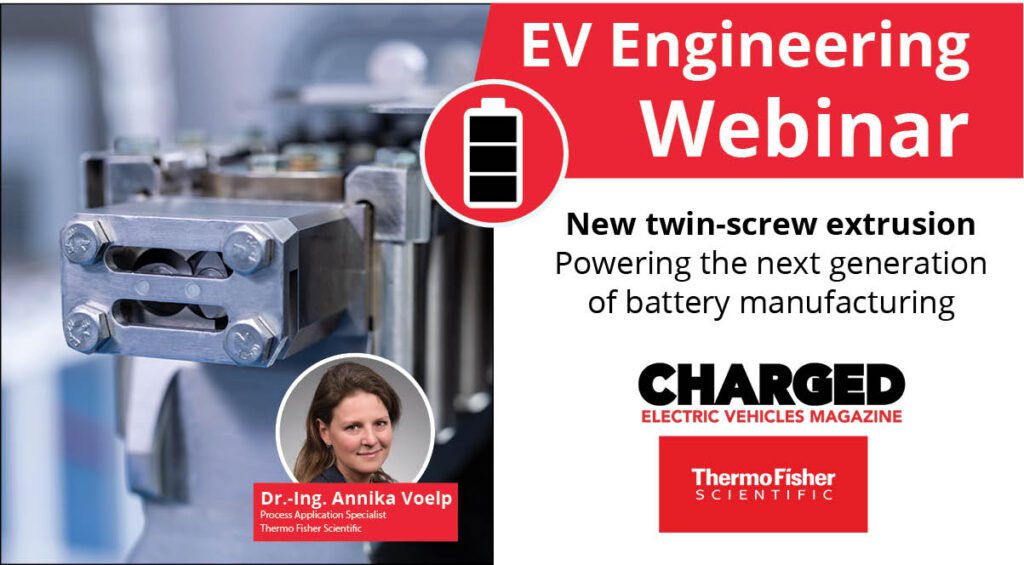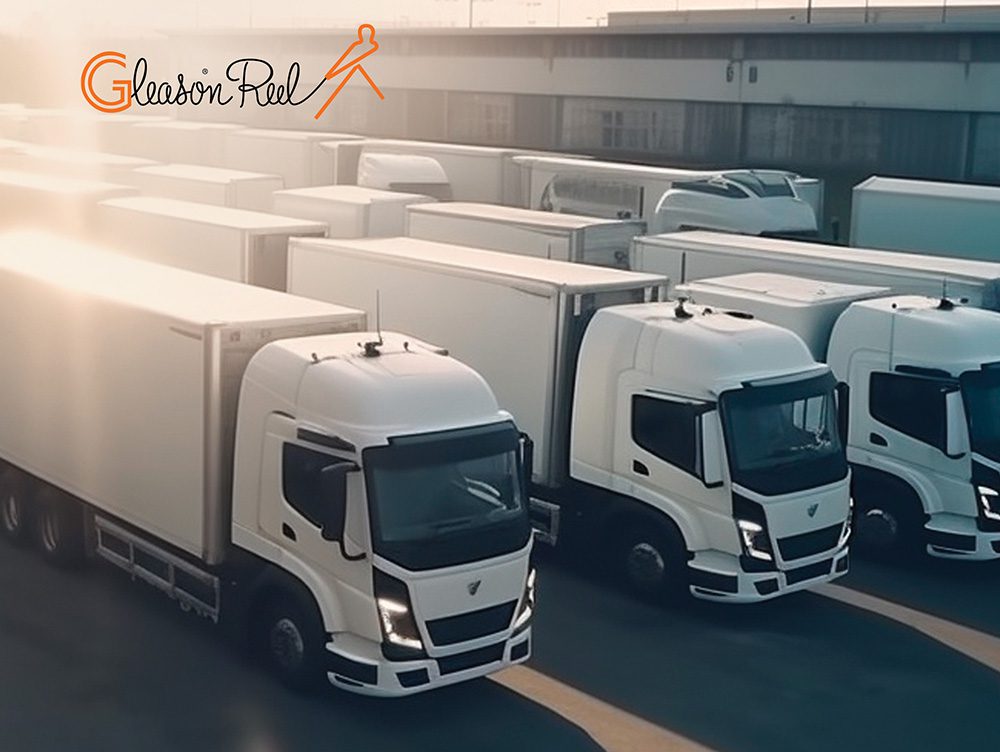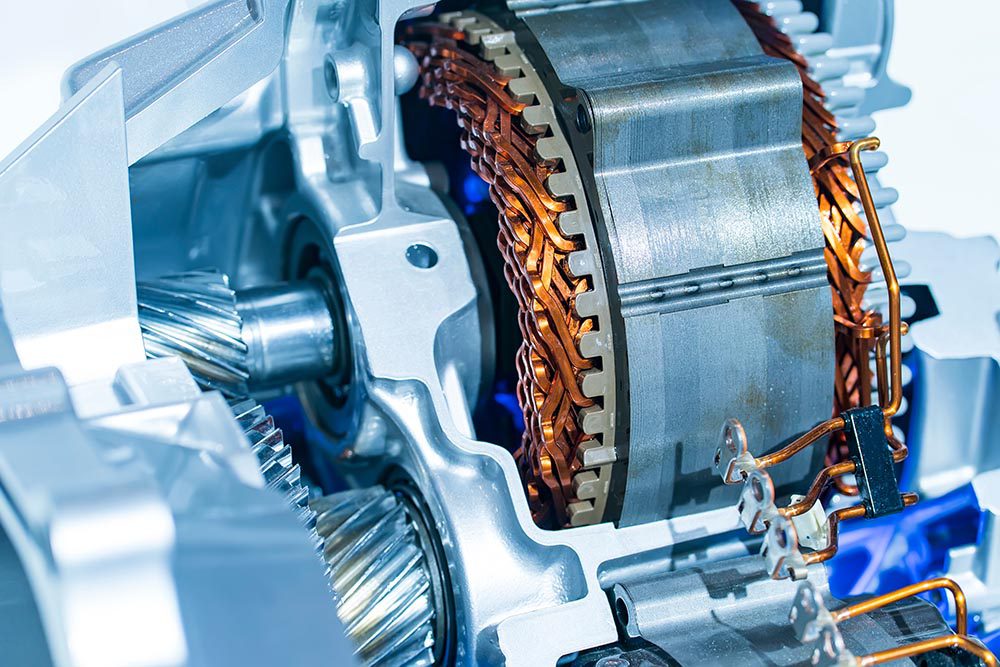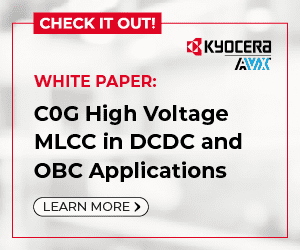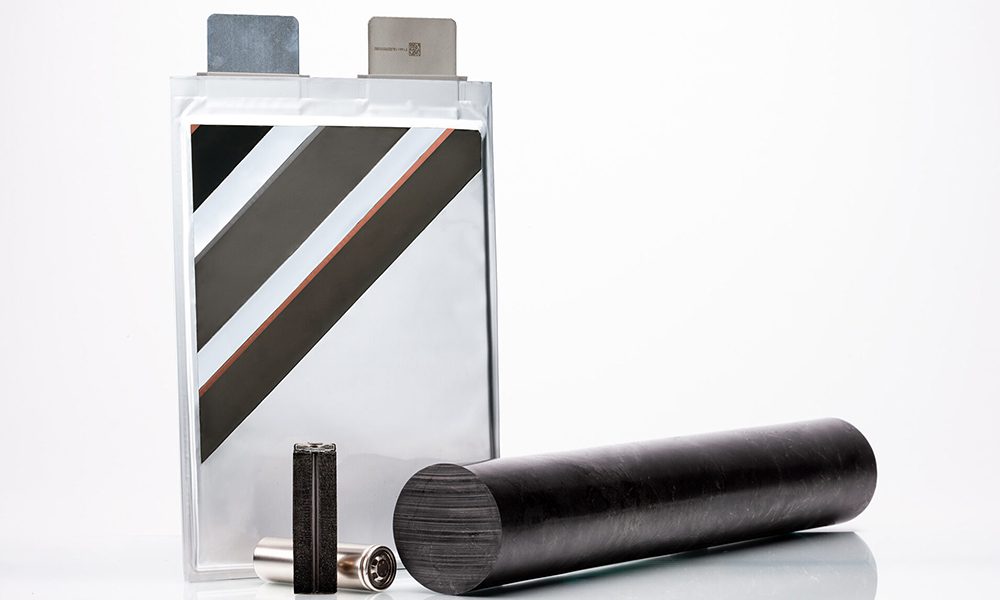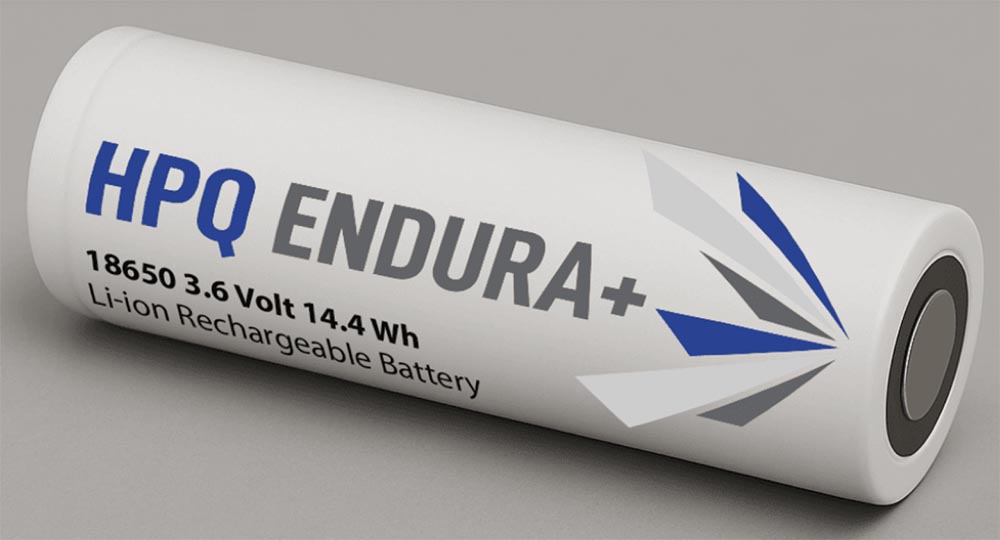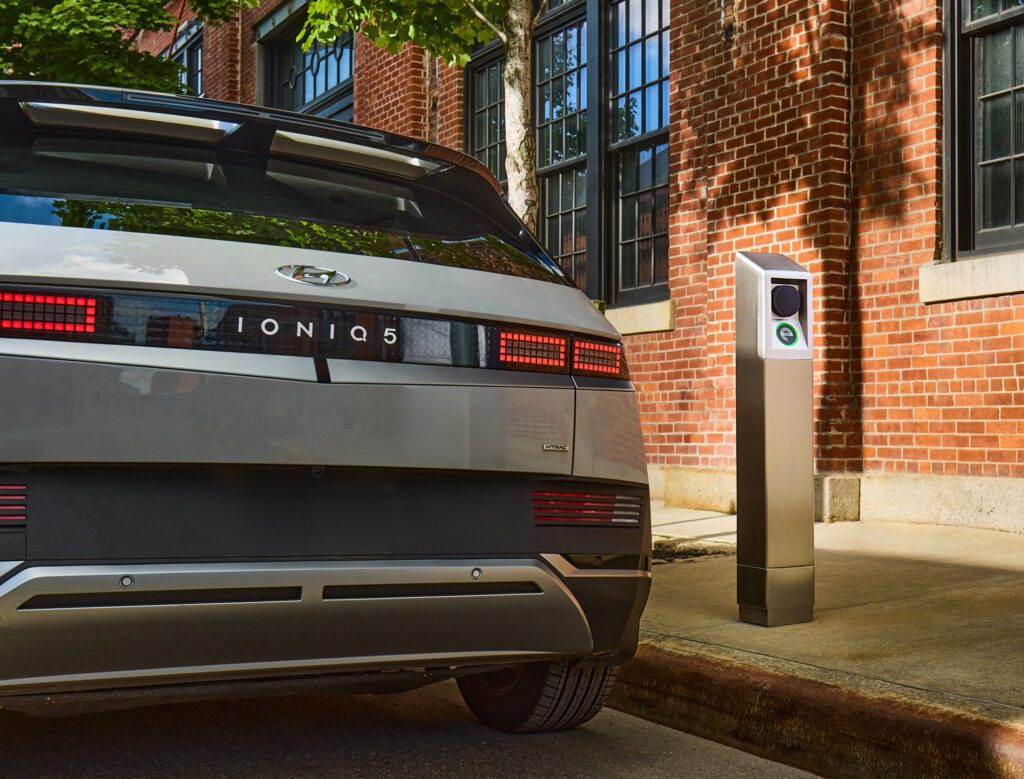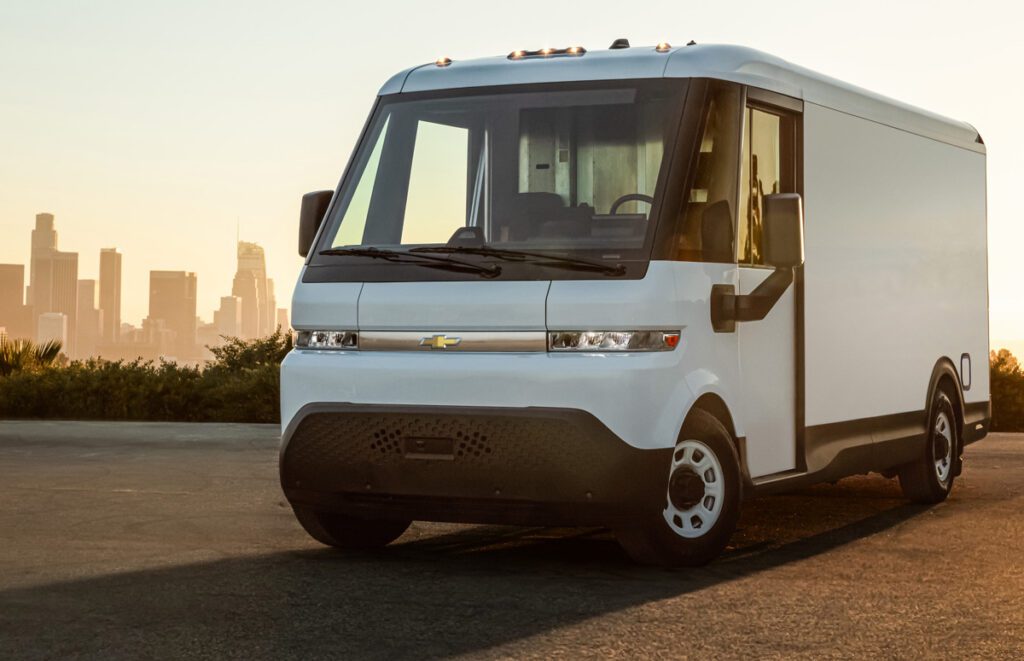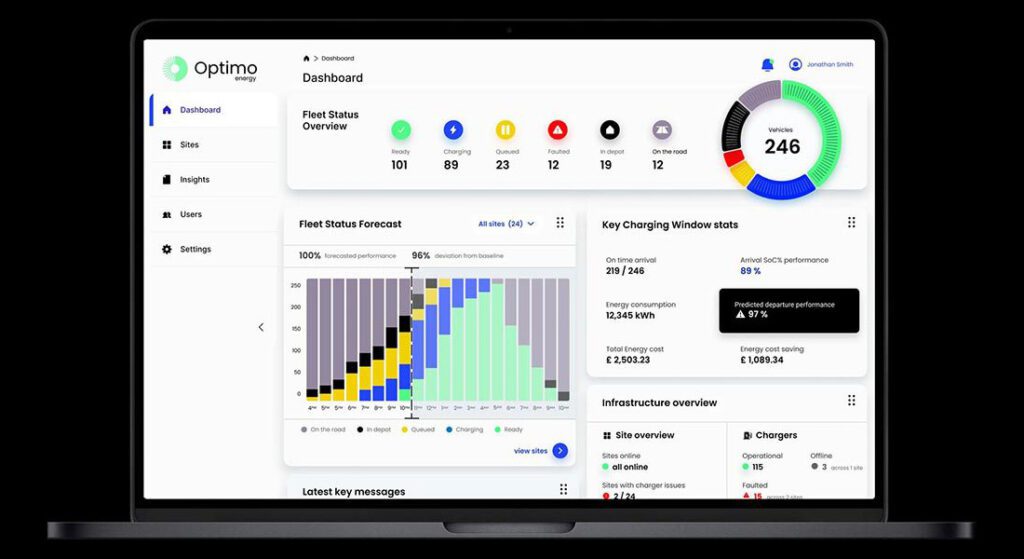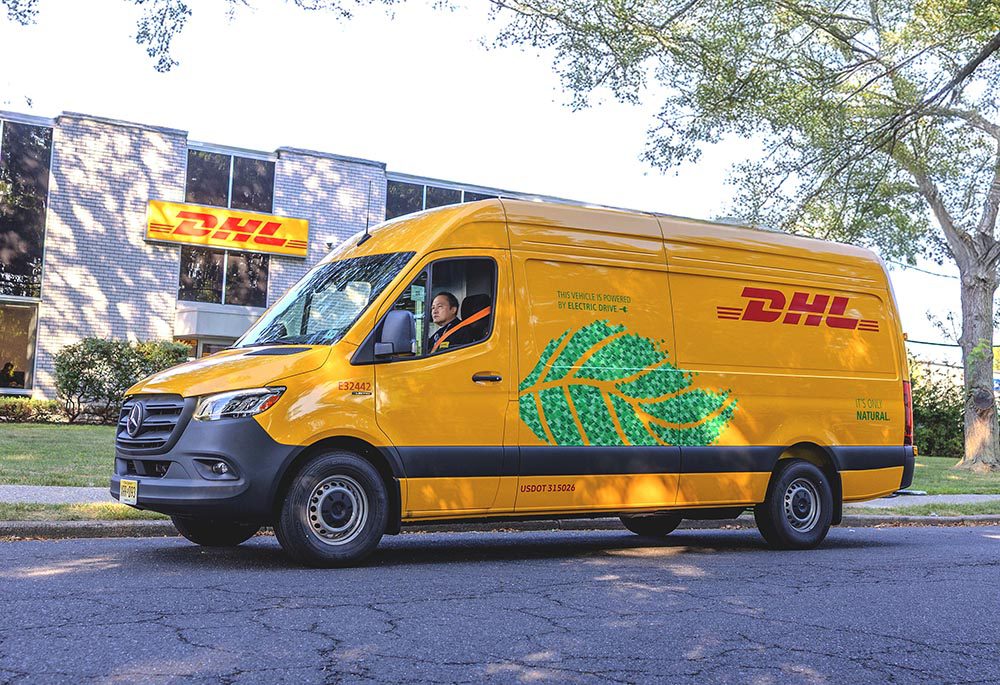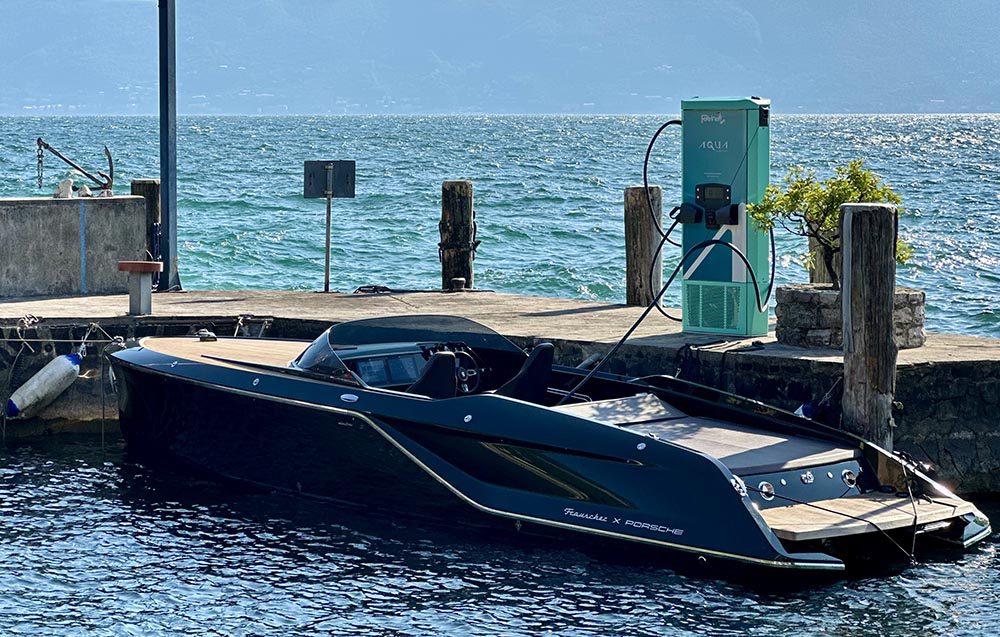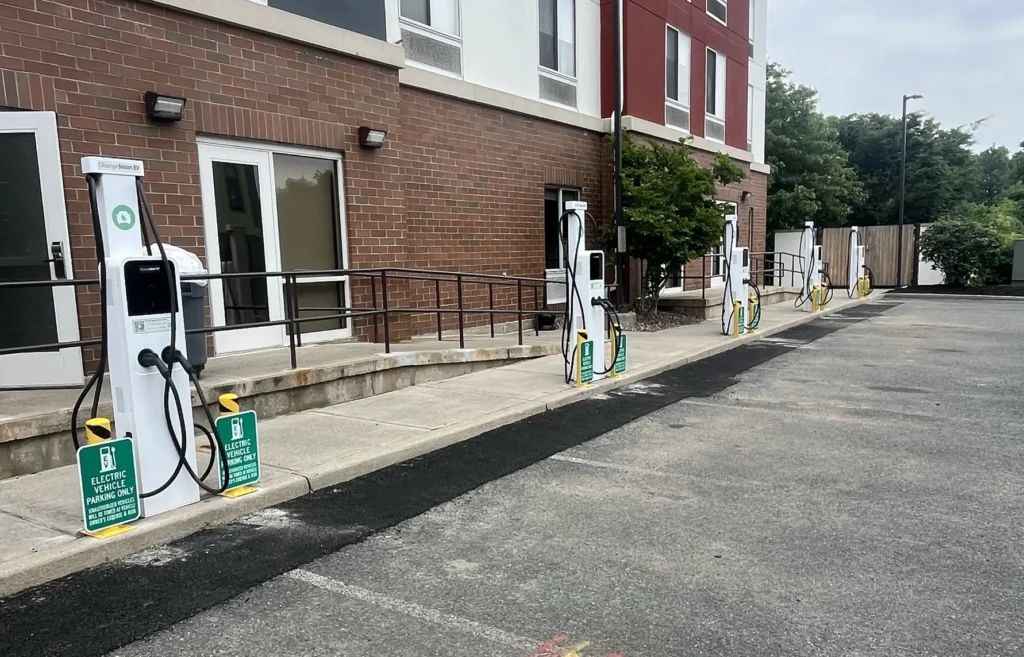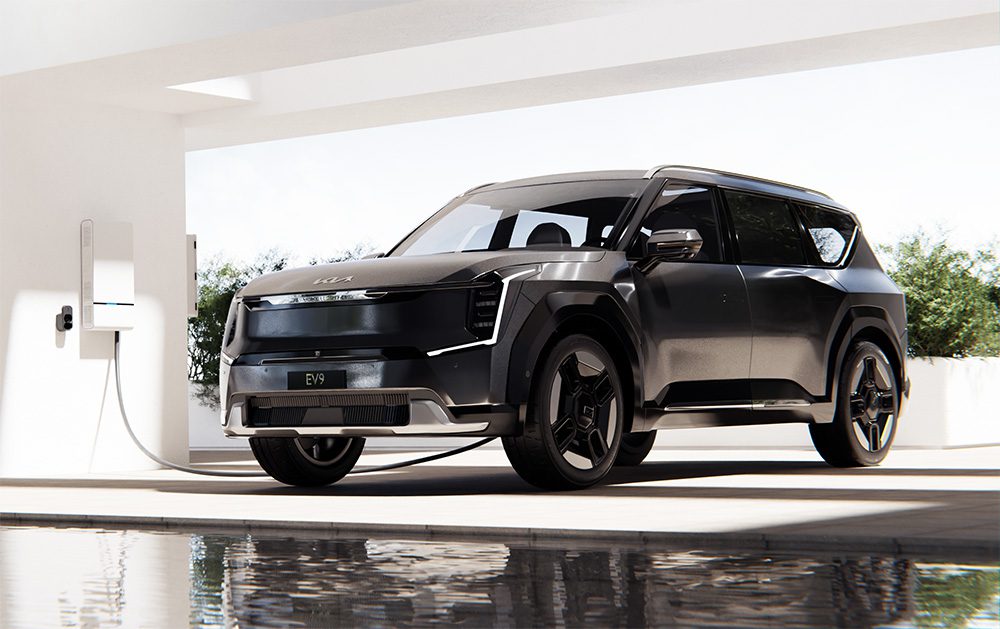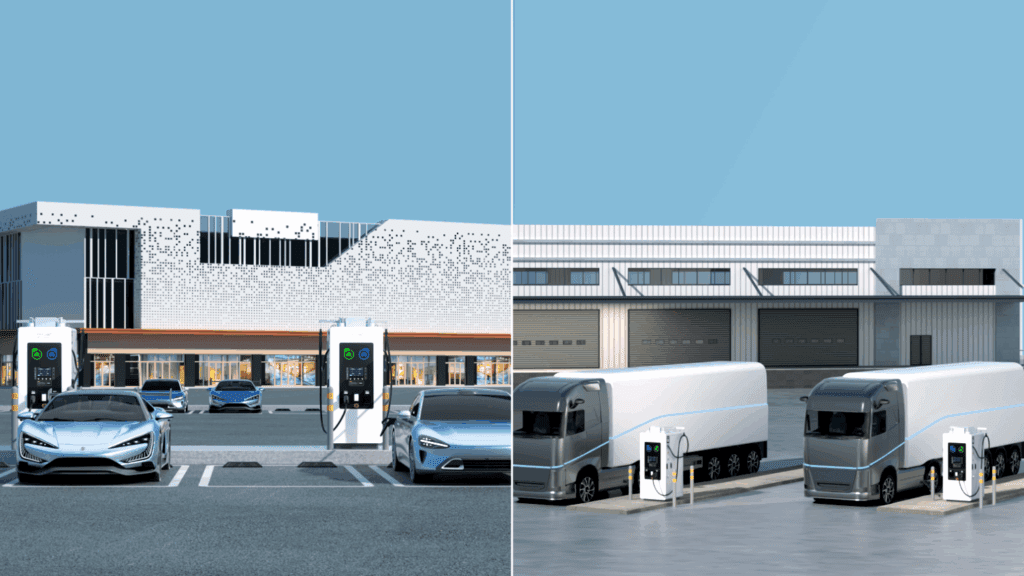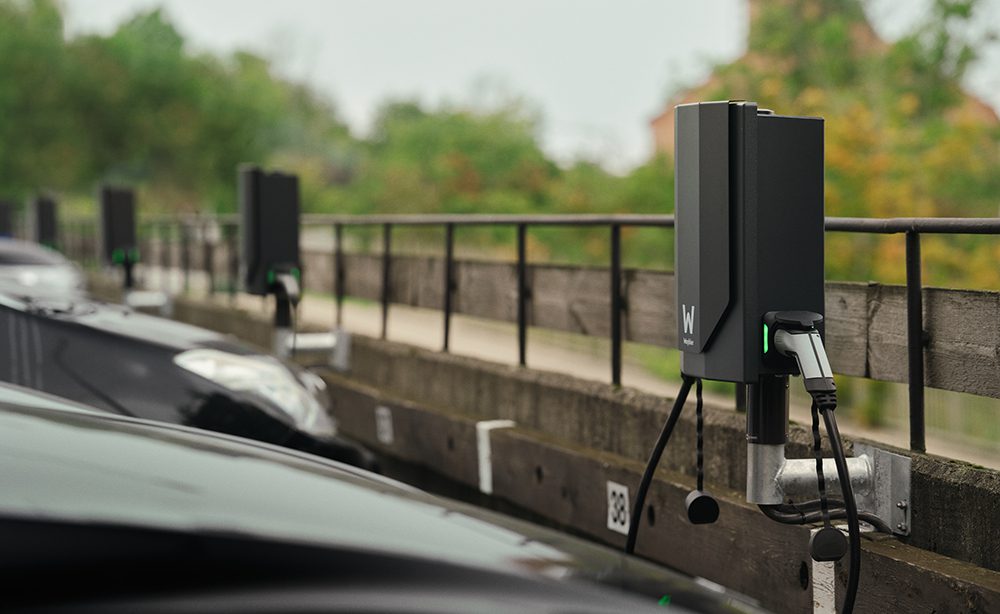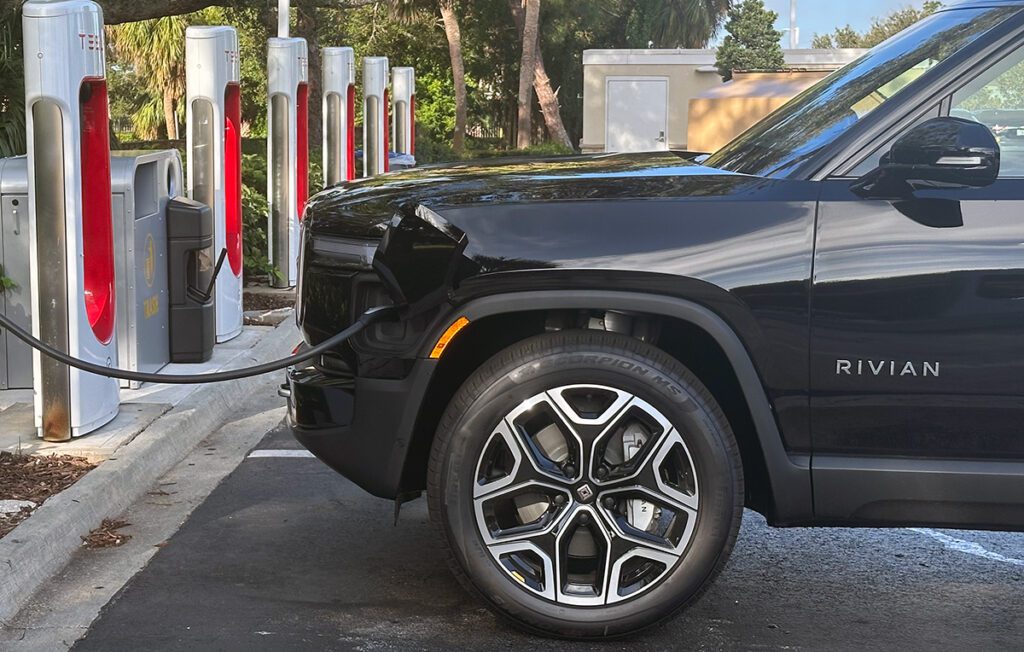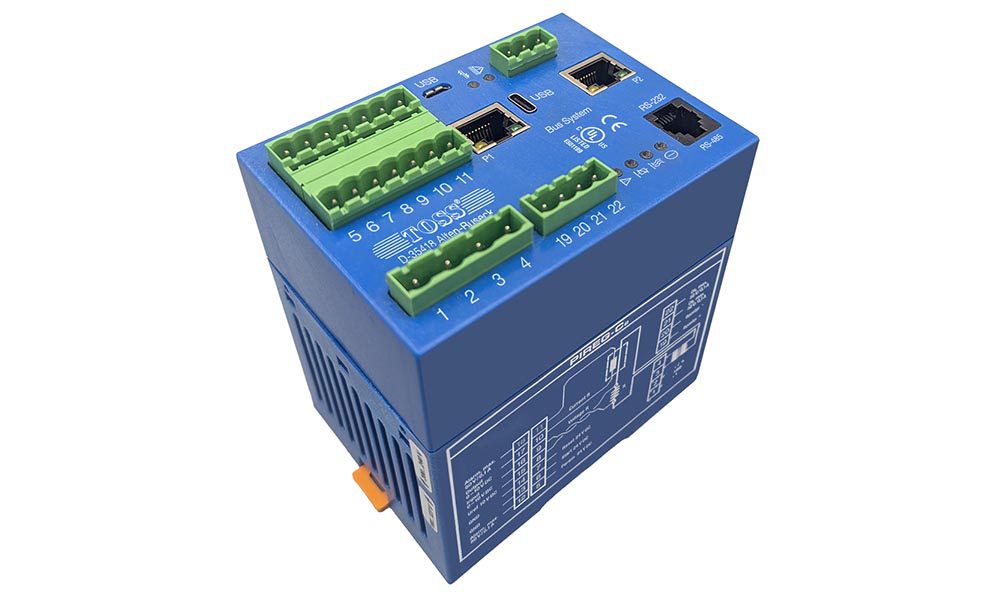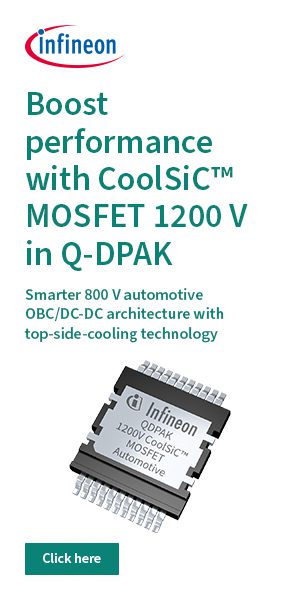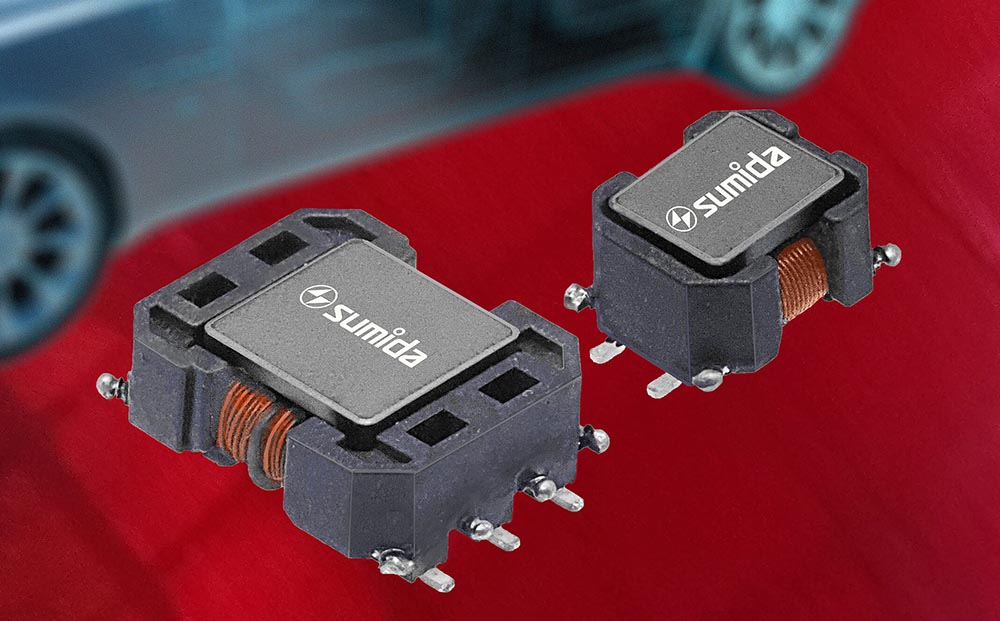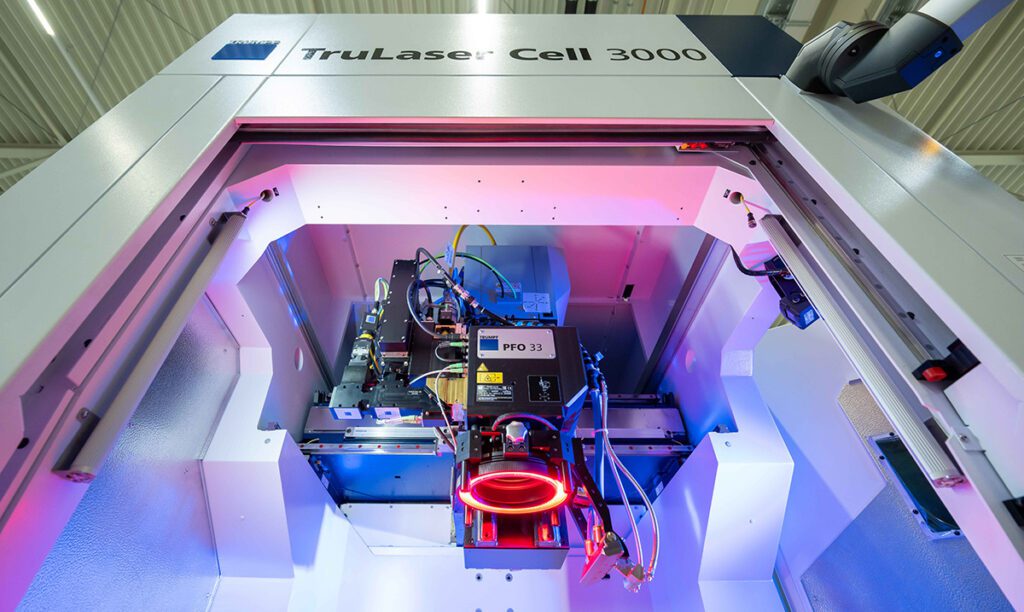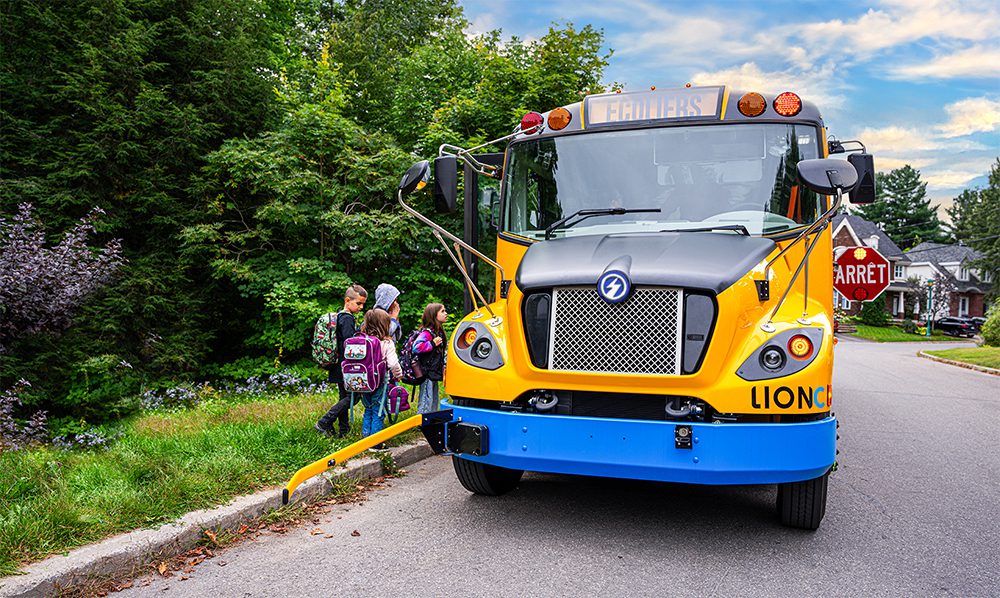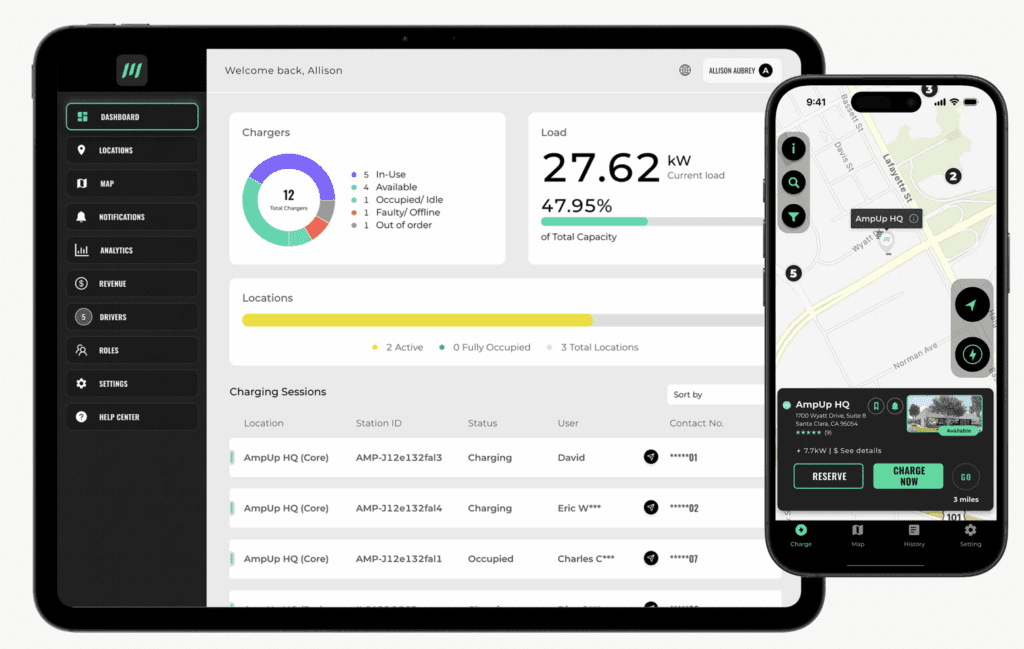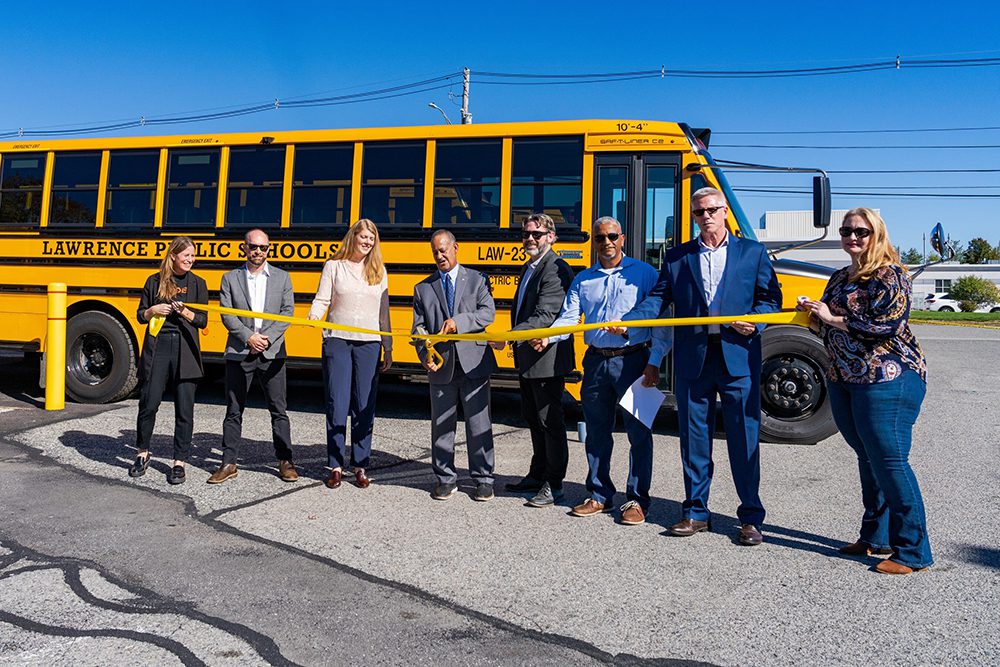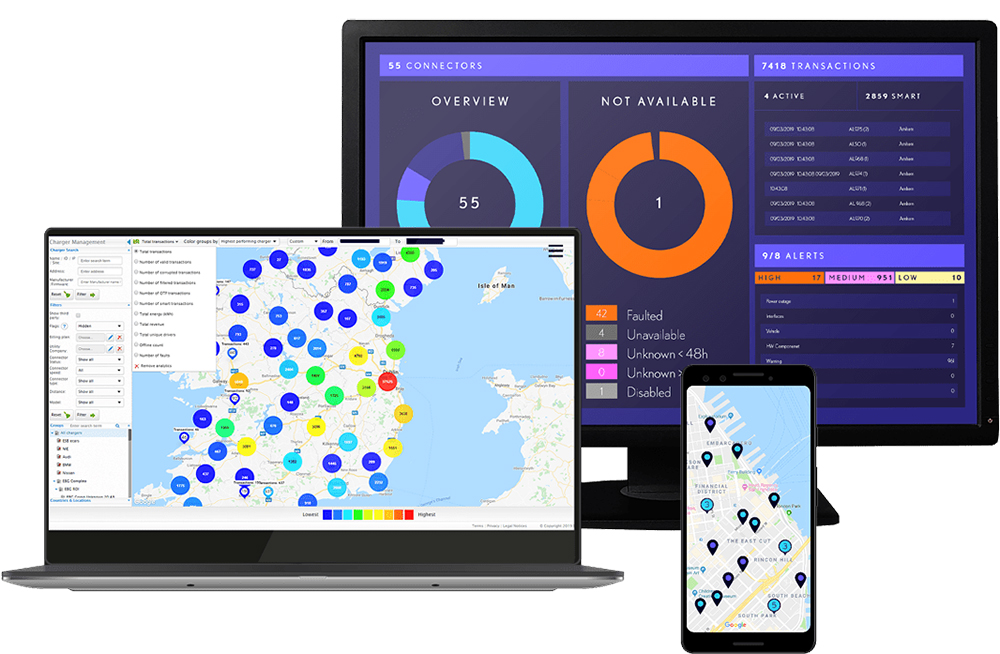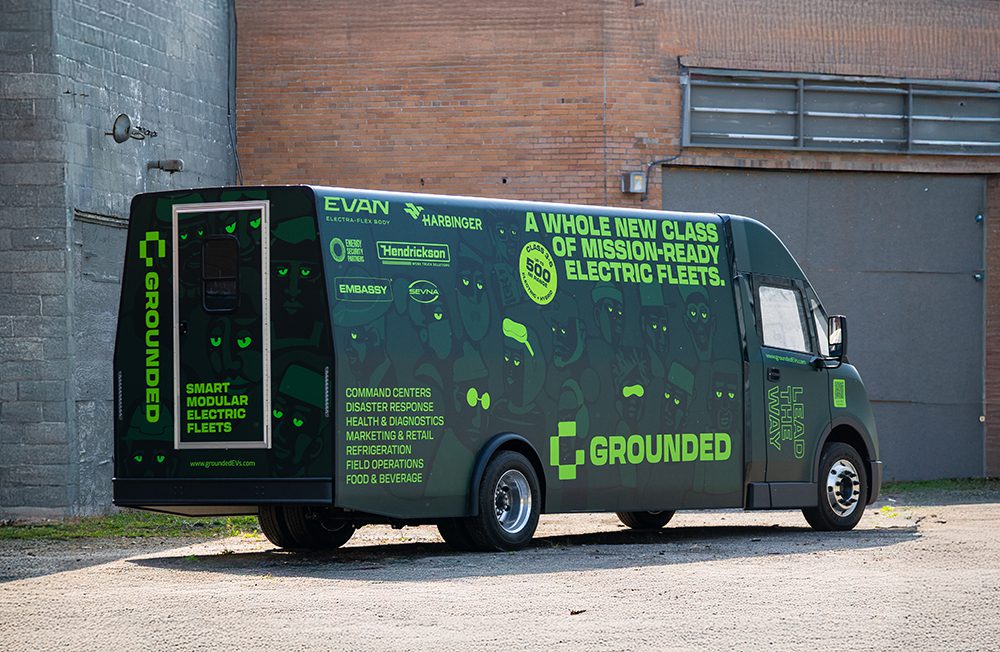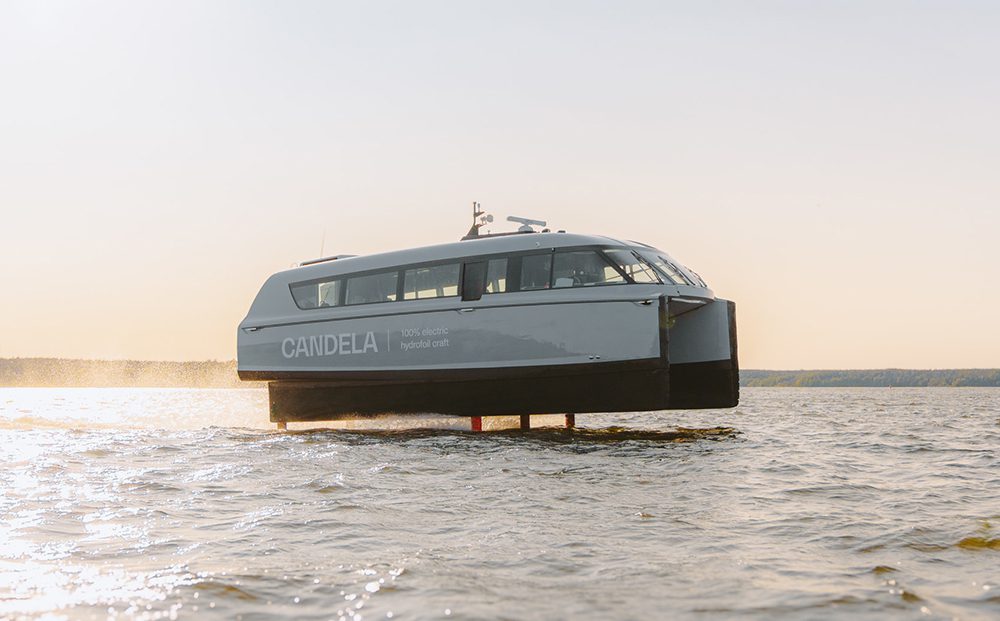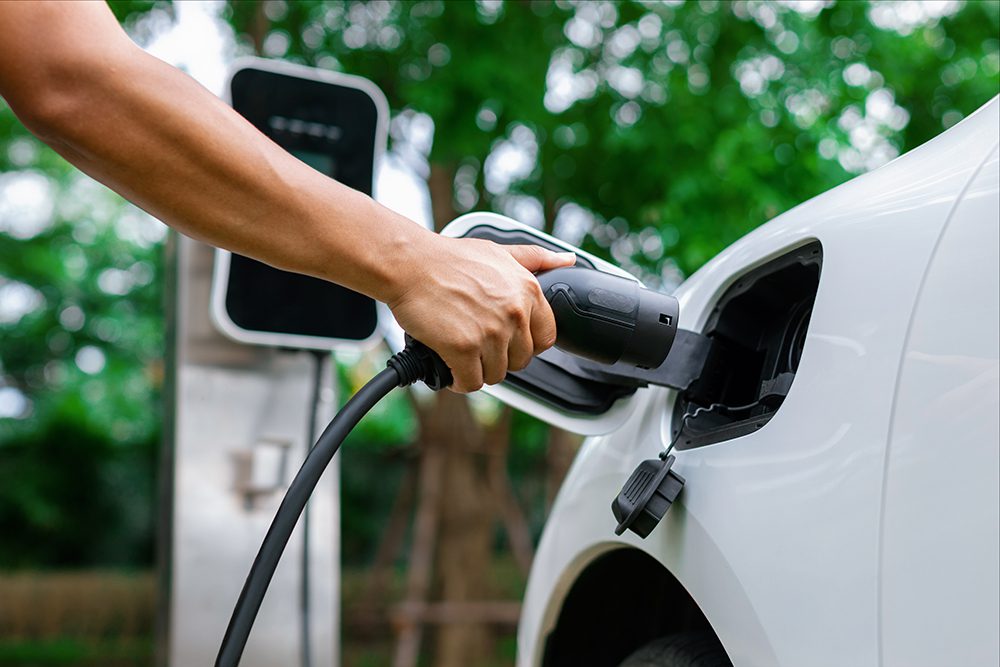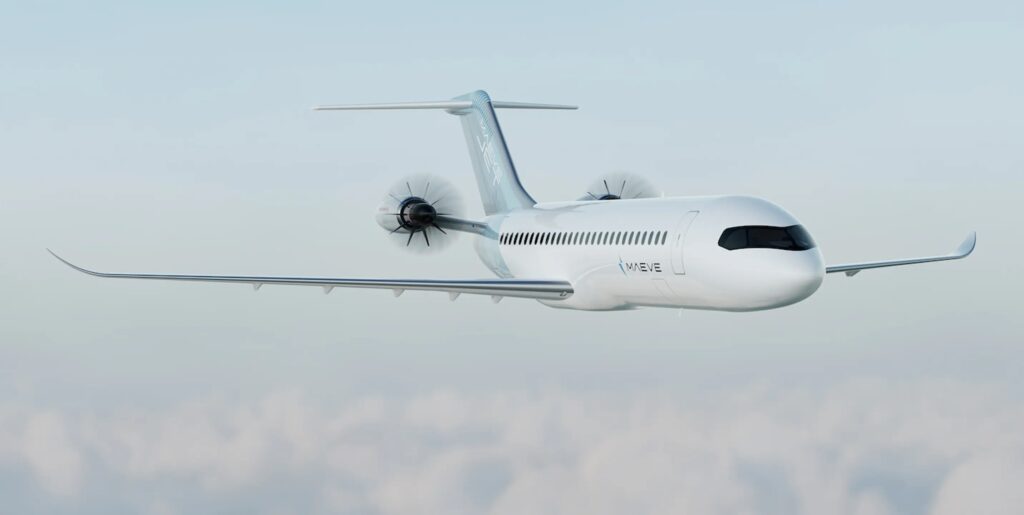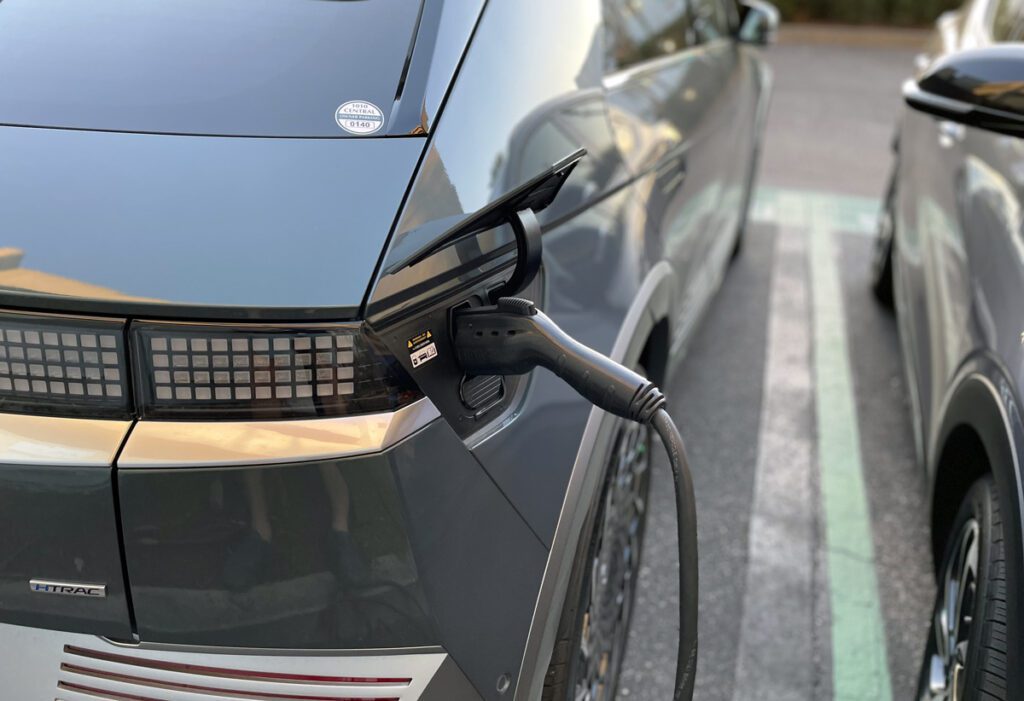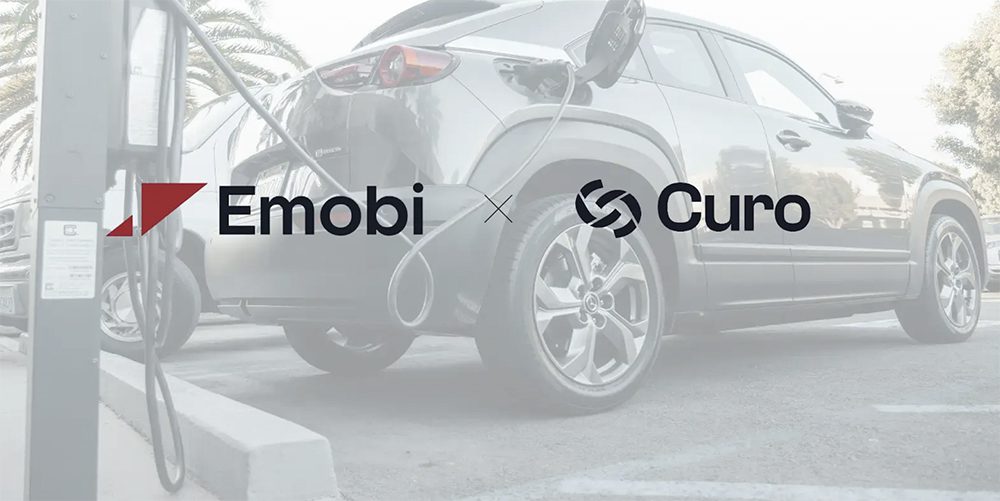Originally posted 7/29/2014
Panasonic has reached a basic agreement to participate in Tesla’s Gigafactory. The battery-maker will likely invest 20-30 billion yen ($194-291 million) initially, according to Nikkei.
Tesla plans to start construction this fiscal year, and to begin producing battery cells in 2017. The Californians will foot the bill for the land and buildings, and the Japanese will equip the factory with machinery.
Panasonic previously hinted at its commitment to the quest, saying that it expects to be the sole manufacturer in the project. However, the conglomerate said its investments would be cautious and incremental. Senior Managing Executive Officer Yoshio Ito recently told Reuters that any expenditure this year will be small. “As we’re not anticipating any sudden tenfold increases in demand or anything like that, we think it is right to break it up step-by-step and invest gradually.”
RELATED NEWS: Tesla’s mass-market EV will have new platform, less aluminum
Capacity at the Gigafactory will be added in stages to meet demand, with a goal of producing enough battery cells in 2020 to equip 500,000 EVs per year. Total investment is expected to be up to $5 billion, of which Panasonic’s share could reach $1 billion.
The two companies already have an agreement for Panasonic to supply Tesla with 2 billion battery cells between 2014 and 2017.
Update 7/31/2014
In a joint statement issued today, just ahead of Tesla’s second-quarter earnings report, the two companies confirmed inking a Gigafactory deal.
According to the agreement, Tesla will prepare, provide and manage the land, buildings and utilities. Panasonic will manufacture and supply cylindrical lithium-ion cells and invest in the associated equipment, machinery, and other manufacturing tools based on their mutual approval. A network of supplier partners is planned to produce the required precursor materials. Tesla will take the cells and other components to assemble battery modules and packs. To meet the projected demand for cells, Tesla will continue to purchase battery cells produced in Panasonic’s factories in Japan. Tesla and Panasonic will continue to discuss the details of implementation including sales, operations and investment.
The Gigafactory will be managed by Tesla with Panasonic joining as the principle partner responsible for lithium-ion battery cells and occupying approximately half of the planned manufacturing space; key suppliers combined with Tesla’s module and pack assembly will comprise the other half of the complex.
The companies will produce cells, modules and packs for Tesla’s vehicles and for the stationary storage market at a rate of 35GWh of cells and 50GWh of packs per year by 2020. Tesla projects that the Gigafactory will employ about 6,500 people by 2020.
“We have already engaged in various collaborative projects with Tesla toward the popularization of electric vehicles,” said Yoshihiko Yamada, Executive VP of Panasonic. “Panasonic’s lithium-ion battery cells combine the required features for electric vehicles such as high capacity, durability and cost performance. And I believe that once we are able to manufacture lithium-ion battery cells at the Gigafactory, we will be able to accelerate the expansion of the electric vehicle market.”
Sources: Nikkei, Tesla Motors
Image courtesy of Tesla Motors

